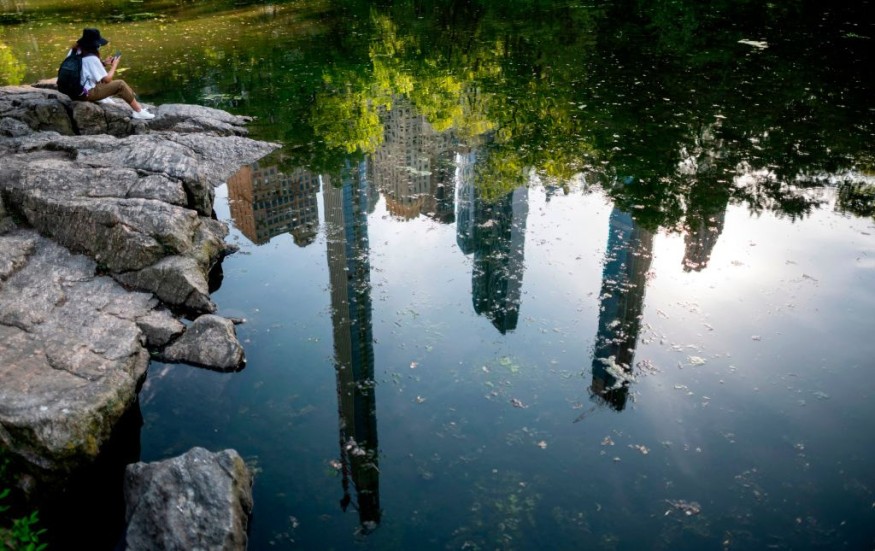The latest report from Health officials in Georgia said that a resident died from a rare brain-eating amoeba after likely swimming in a freshwater pond or lake.
As summer season is here, people look forward to easing the country's scorching heat by swimming on beaches. Infections of exposure to Naegleria fowleri could be life-threatening.
Everyone visiting lakes and rivers for their vacations should take precautions in swimming in warm freshwater areas, including untreated geothermal waters where the brain-eating amoeba could be possible.
Brain-eating amoeba case in Georgia

According to CNN and NBC News reports, a resident in Georgia became infected with the Naegleria fowleri, or known as brain-eating amoeba.
The resident, who was not identified, died.
Reports showed the person likely got the infection after swimming in a freshwater.
According to the Georgia Department of Public Health news release, the brain-eating amoeba infection can result in brain swelling and tissue damage.
While the case is considered rare, the infection can become deadly, and the amoeba could be present in warm freshwater lakes, including hot springs.
Before the latest case, Georgia has recorded five cases of the infection since 1962.
How to stay safe from brain-eating amoeba

The report highlighted that the case of brain-eating amoeba in the United States is very rare.
People should stay safe while going to freshwater lakes, rivers, ponds and hot springs, where the Naegleria fowleri could be present.
According to the Centers for Disease Control and Prevention's website (CDC), the case of brain-eating infections could emerge in warmer conditions and high water temperatures, especially during July, August and September.
The CDC added that rare brain-eating amoeba is not present in ocean and saltwater.
Parents should also monitor their children, especially when playing near lakes or rivers, and everyone should watch out for the symptoms of the rare brain-eating amoeba so that it will not be left untreated.
The presence of the brain-eating amoeba could be in the bottom of lake sediments.
Based on the Cleveland Clinic, here are the possible signs of the Naegleria fowleri:
- Severe headaches
- High fever and vomiting
- Stiff neck, coma
- Some deaths of amoeba resulted in meningitis
The report noted that the brain-eating amoeba symptoms could show after 15 days of exposure.
Here are essential reminders for people, especially if they plan to visit freshwater lakes, hot springs, ponds or rivers.
People should understand that the risk of brain-eating amoeba could be likely during the warmer months in freshwater areas. Swimmers should ensure their head is above the water, especially in hot springs.
Did you know?
According to the National Health Institute (NHI), amoeba refers to single cells found in freshwater. Amoeba is in the freshwater because of their role in the terrestrial ecosystem, but it harms people.
For more similar stories, don't forget to follow Nature News.
© 2026 NatureWorldNews.com All rights reserved. Do not reproduce without permission.





